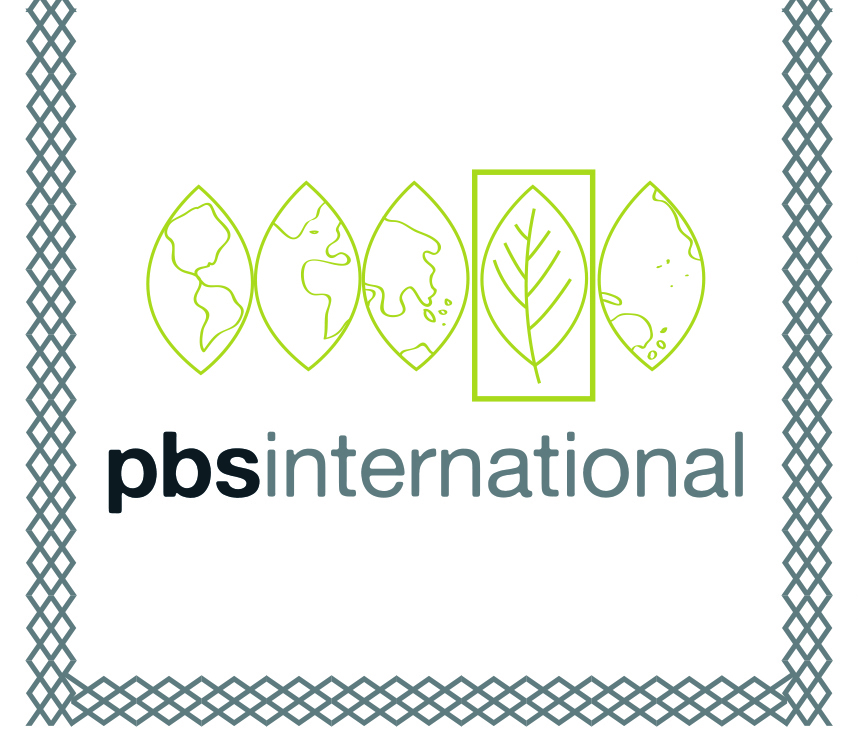Pollination control bags (PCBs) are essential in plant hybridisation for preventing external pollen contamination and ensuring genetic purity. While conventional materials like kraft paper, plastic, and muslin cloth are inexpensive, they often lack durability and fail to regulate critical internal microclimate factors.
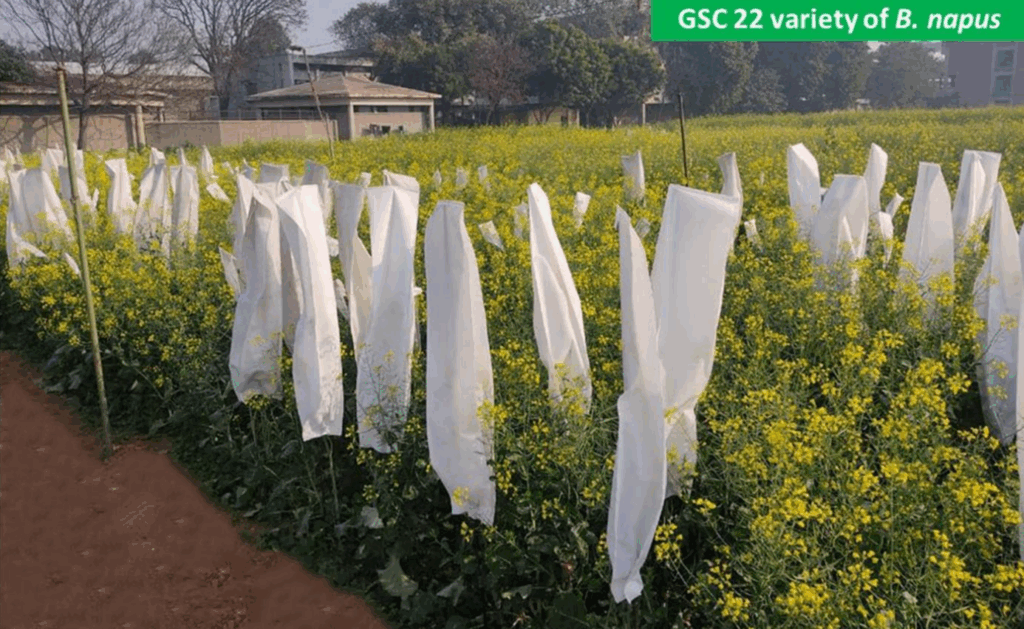
Nonwoven synthetic fabrics, such as heat-bond polyester and spun-bond polypropylene, offer superior alternatives due to their customizable properties, which can lead to better seed yield, reduced mold growth, and more effective heat management. This review critically analyses published research on PCBs used in hybridisation across diverse commercial plant types.
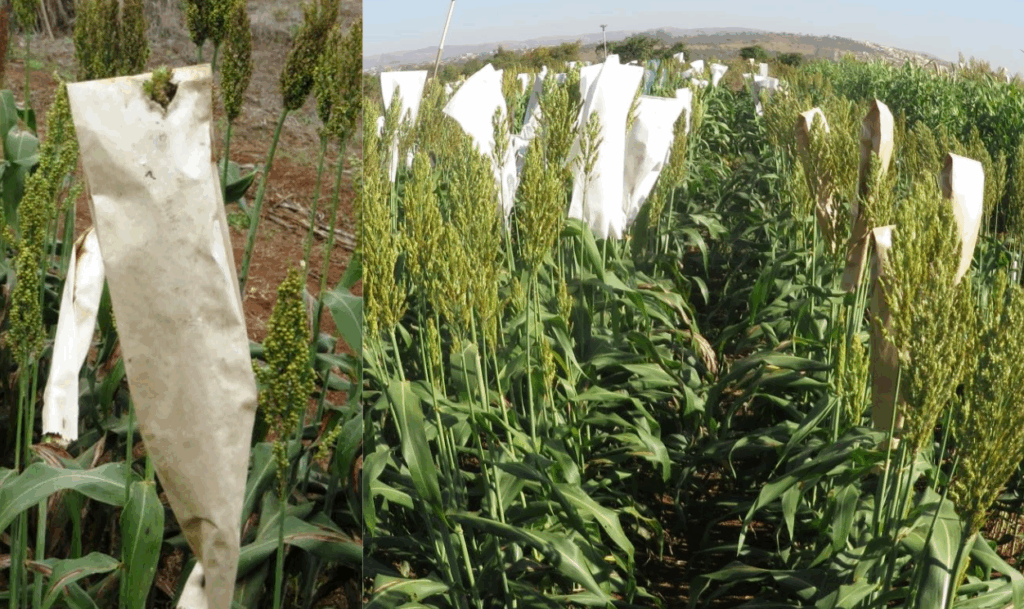
However, this review shows that research is very limited with significant gaps, including a lack of economic analyses of various fabric types, standardized metrics for microclimate parameters, understanding of long-term physiological and microbial effects, limited data on nonwoven fabrics across diverse crops, insufficient regional and germplasm-specific studies, and limited information on seed quality impacts beyond seed set.
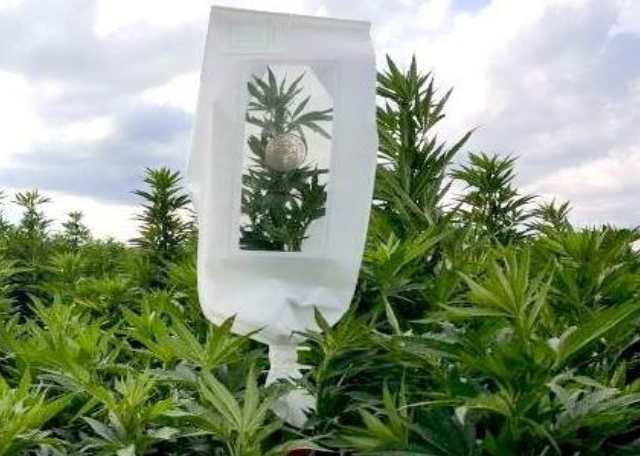
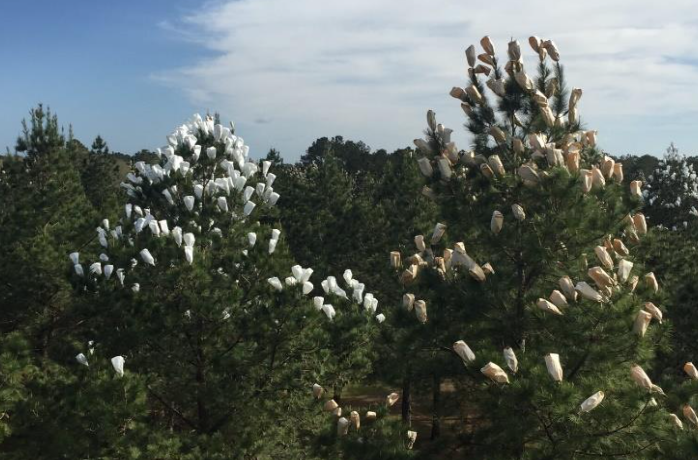
Addressing these gaps through research will facilitate more effective, sustainable, and economically viable pollination control strategies, thereby enhancing crop improvement programmes through improved environmental control and genetic preservation.
